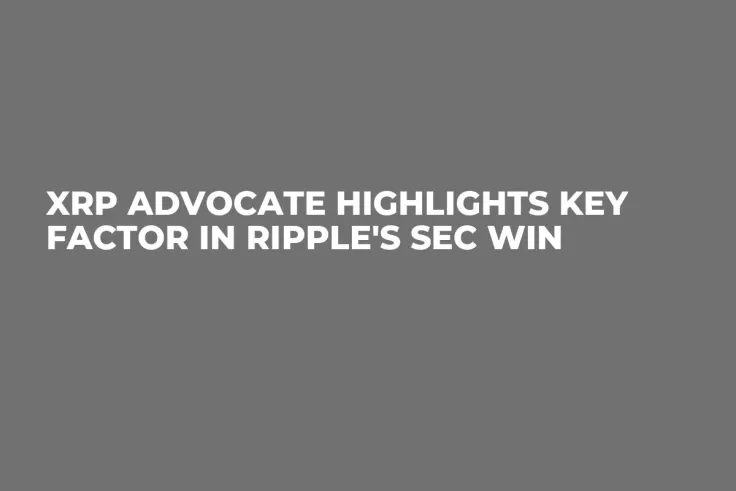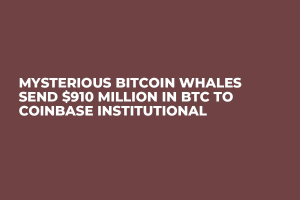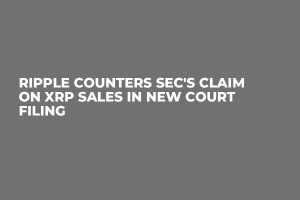In a recent social media exchange, Paul Grewal, chief legal officer at Coinbase, and John Deaton, a prominent pro-crypto lawyer representing XRP holders, engaged in a discussion that shed light on a crucial aspect of the legal landscape surrounding Ripple's ongoing battle with the SEC.
The focal point of their conversation was the significance of the 1994's Second Circuit case, Revak v. SEC Realty.
Grewal, expressing his admiration for the case, highlighted a standout element that underscored the folly of defining an investment contract through an "ecosystem" access lens. Thus, Grewal emphasized the court's stance on the Howey test, stating that the mere tie between investor fortunes and promoter efforts does not easily satisfy the criteria. The court maintained that a common enterprise must be essentially dependent upon promoter expertise for the investments collectively to hinge on fortuity.
John Deaton, aligning with Grewal's perspective, drew parallels between the Revak case and the legal battles involving LBRY, Ripple and Coinbase. He specifically highlighted the jurisdictional nuances, noting that the Revak case, governed by the Second Circuit, holds relevance for the Ripple and Coinbase cases.
Ripple, Coinbase, SEC: Latest
The ongoing legal battles between the SEC and two prominent cryptocurrency companies, Ripple Labs and Coinbase, have significant implications for the future of the digital asset industry. As of latest, on Jan. 18, a federal judge ruled that the SEC could proceed with its lawsuit against Coinbase.
However, the judge also narrowed the scope of the lawsuit, excluding several of the SEC's claims. This decision was seen as a partial victory for Coinbase, as it limits the potential legal liabilities the company faces.
As for Ripple, the SEC recently filed a motion to compel Ripple to produce additional internal documents related to the sale of XRP. This move suggests that the SEC is continuing to aggressively pursue its case against Ripple.




 Dan Burgin
Dan Burgin Vladislav Sopov
Vladislav Sopov